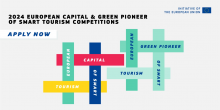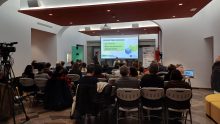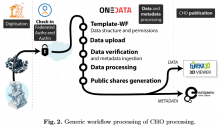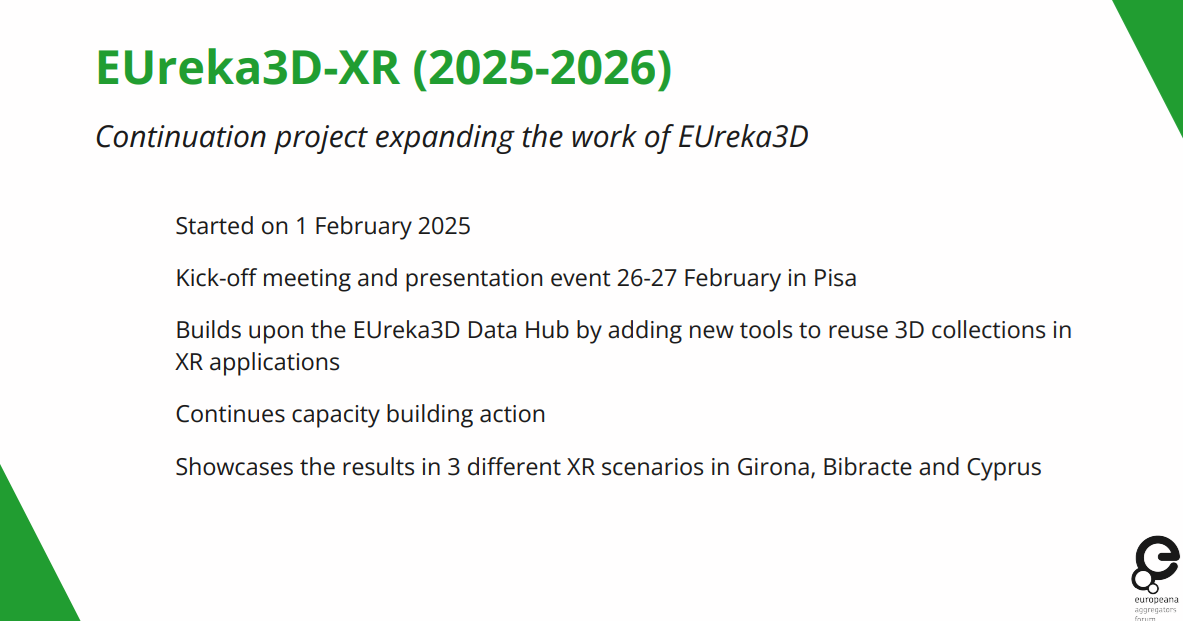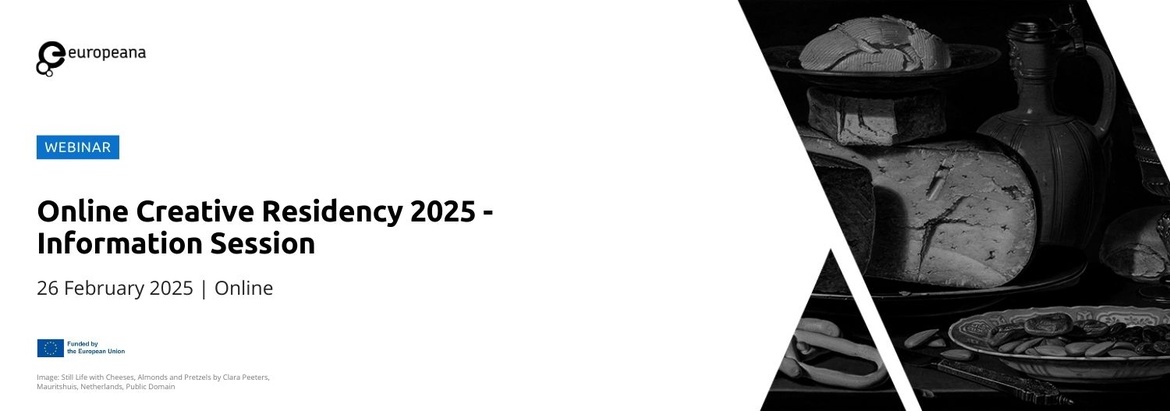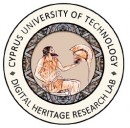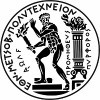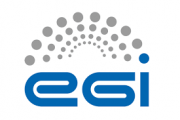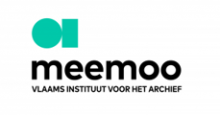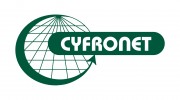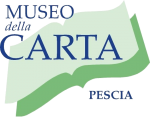Since its adoption in 2006 as part of the London Charter for the Use of 3D Visualisation in the Research and Communication of Cultural Heritage, the concept of Paradata has played an essential role in ensuring transparency in the creation of scholarly 3D Cultural Heritage assets. With further recognition by the ICOMOS Seville Charter (2017) and the European Commission’s EU VIGIE2020/654 Study on quality parameters for 3D digitisation of tangible cultural heritage, Paradata has emerged as a key aspect of 3D digital documentation.
Paradata, alongside Metadata and Geometrical Data, forms a “trinity” of elements essential for ensuring high-quality, reusable 3D digital resources. However, despite its growing importance, the Digital Cultural Heritage (DCH) community continues to grapple with fully defining and differentiating Paradata and Metadata, as well as understanding their role in supporting scholarly research, sustainability, and compliance with the European Commission’s recommendations for 3D-digitised cultural heritage.
This workshop brings together professionals from across the spectrum of Digital Cultural Heritage to share their experiences, aiming to establish a common understanding of Paradata and lay the groundwork for a community-built set of standards and best practices for its application in 3D documentation.
Download the full agenda here.



